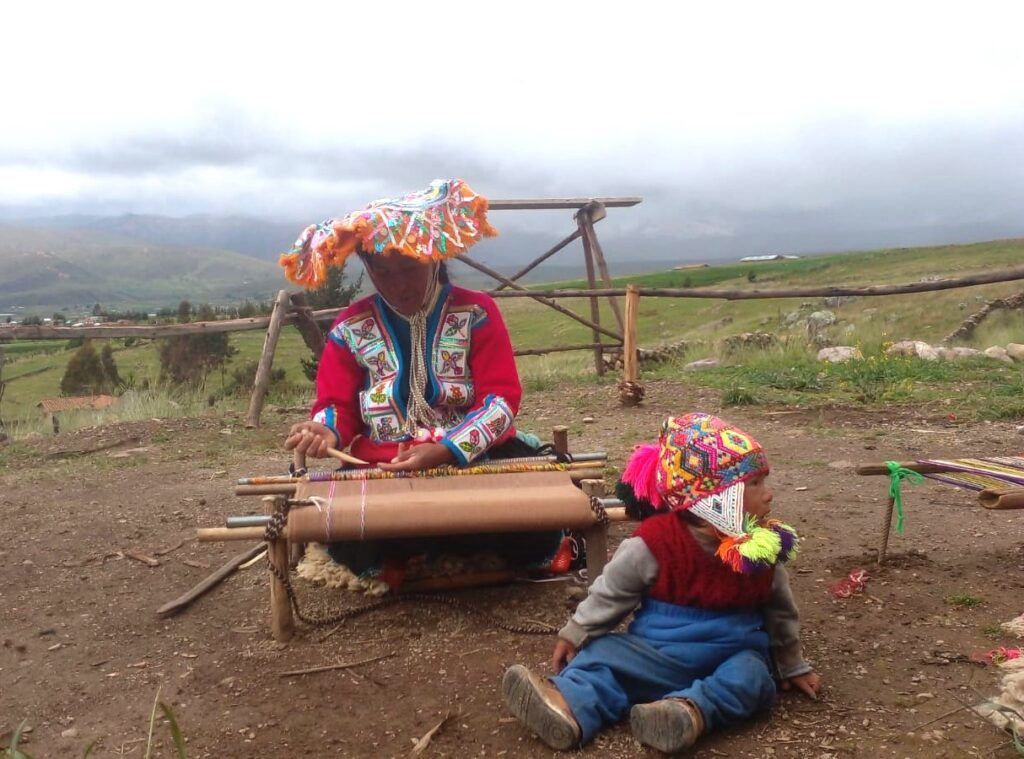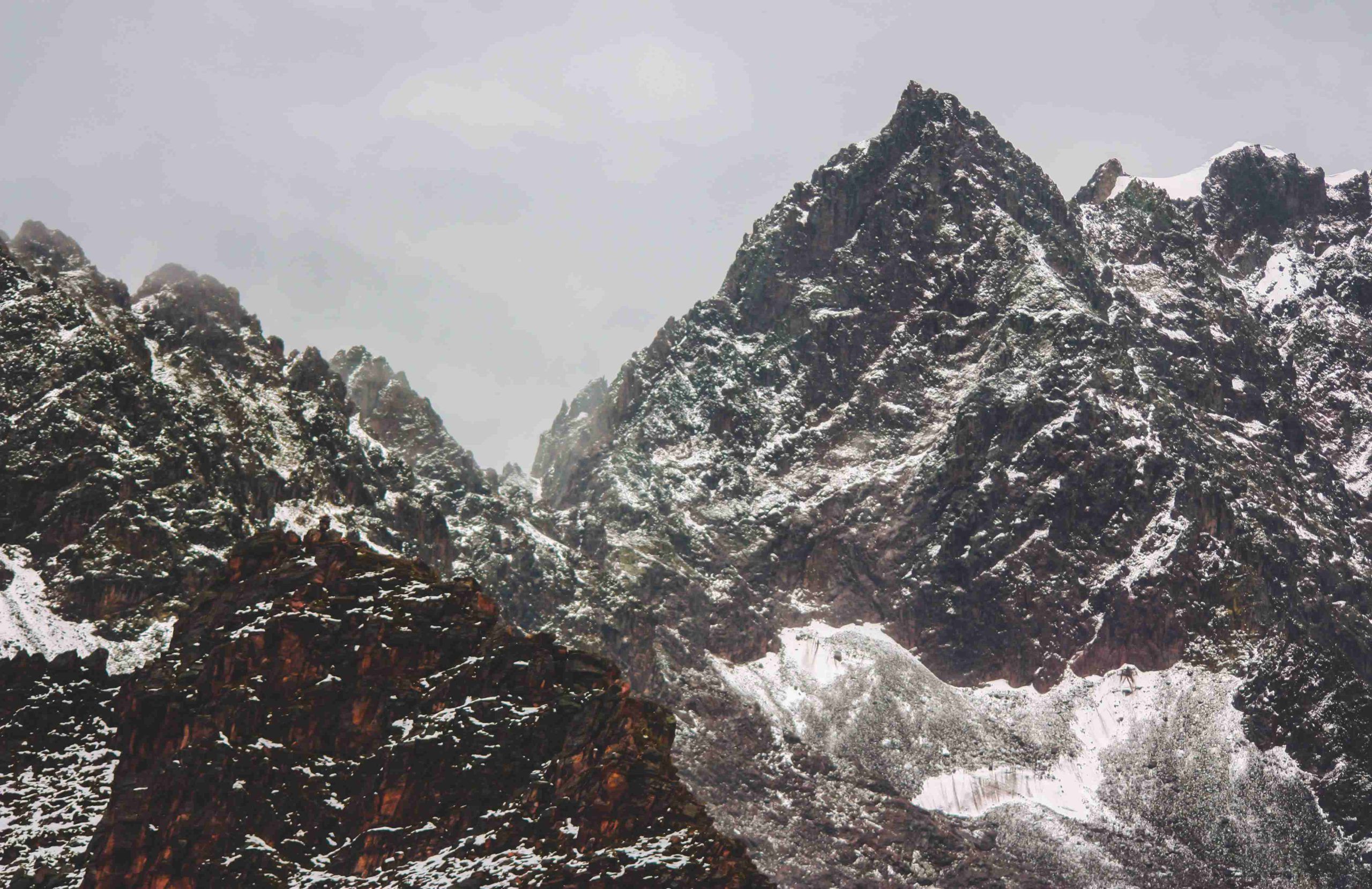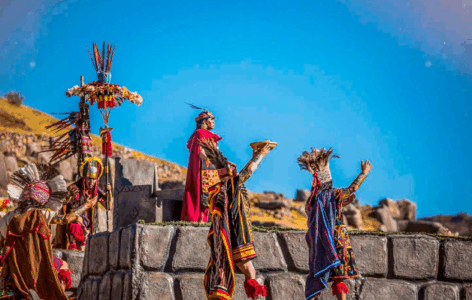LLankay or Work, a term rooted in the Quechua language, embodies more than just the act of working; it represents a profound cultural philosophy integral to Andean societies.

Unlike the modern, often transactional view of work, LLankay or Work, a term rooted in the Quechua language, embodies more than just the act of working; it represents a profound cultural philosophy integral to Andean societies.
signifies a holistic connection between the individual, community, and nature.
The Philosophical Foundation of LLankay (Work)
In Andean cosmology, LLankay is one of the three pillars alongside Yachay (knowledge) and Munay (love or will).
This triad reflects a balanced life, where work is not merely a means to an end but a sacred duty that nurtures both the self and the collective well-being.

Llankay is seen as an expression of harmony with the environment, community cooperation, and personal growth.
Work and Community

Community (Ayllu) is central to Andean life, and LLankay plays a pivotal role in sustaining it.
Traditional practices like “minka” (collective work for communal benefit) and “ayni” (reciprocity) exemplify how work fosters social bonds and mutual support.
This collaborative spirit ensures that no one is left behind, reinforcing the interconnectedness of all community members.
Environmental Stewardship Through LLankay
Andean cultures view the environment as a living entity deserving respect and care. LLankay involves sustainable agricultural practices, mindful resource management, and rituals that honor Pachamama (Mother Earth). This ecological consciousness is crucial for maintaining biodiversity and ecological balance in the fragile Andean ecosystems.

Modern Relevance of Llankay
In today’s fast-paced, individualistic societies, LLankay offers a timeless lesson on the value of purposeful work. It encourages a shift from viewing work solely as economic productivity to embracing it as a meaningful activity that connects us to our roots, communities, and the natural world.
LLankay is more than just work; it is a way of life that embodies respect, community, and environmental harmony. By integrating the principles of LLankay into modern contexts, we can foster more sustainable, connected, and fulfilling lives.

THIRD INITIATION OF THE STRENGTH OF WORK “LLankay” – Final step of the INCA PAQO PAMPAMESAYOQ PATH
The Module III is called LLANKAY (The work Initiation), also known as the the energies for protecting us and to give us security in this amazing path of a master, following the ancestral rituals the masters Paqos and you will go to a special powerful Apu Mountain to follow the ancient transmission of the opening of the High Power. The final of the three steps to be a Master Paqo Healer.
References
- Allen, C. J. (2002). The Hold Life Has: Coca and Cultural Identity in an Andean Community. Smithsonian Institution Press.
- Gose, P. (1994). Deathly Waters and Hungry Mountains: Agrarian Ritual and Class Formation in an Andean Town. University of Toronto Press.
- Murra, J. V. (1980). The Economic Organization of the Inka State. JAI Press.
- Rostworowski, M. (1999). History of the Inca Realm. Cambridge University Press.



